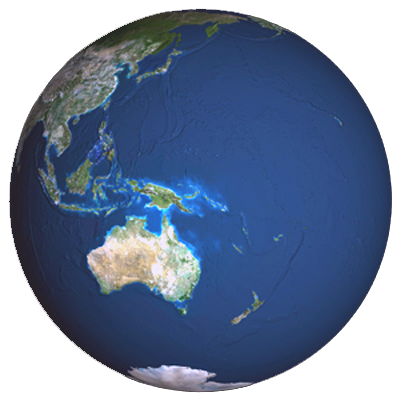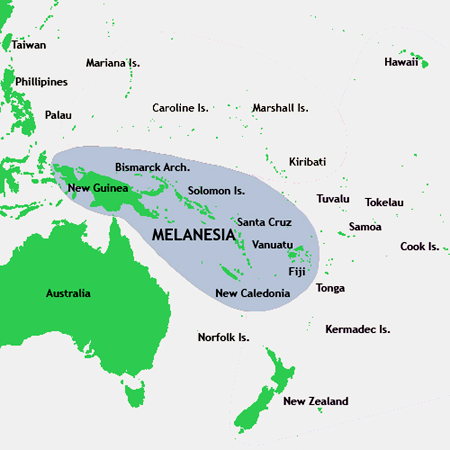Se tillige: Afrikansk politik ; Amerikansk politik ; Asiatisk
politik ; Europæisk politik ; Politik fra Oceanien (inkl.
Australien og New Zealand)
Afghansk politik ; Albansk politik ; Algerisk politik ; Andorras politik ; Angolas politik ; Antigua & Barbudas politik ; Argentinsk politik ; Armensk politik ; Aserbajdsjans politik ; Australsk politik ; Bahamaøerne politik ; Bahrains politik ; Bangladesh politik ; Barbados politik ; Belgisk politik ; Belizes politik ; Benins politik ;
Bhutans politik ; Boliviansk
politik ; Bosnien-Hercegovinas
politik ; Botswanas politik ; Brasiliansk politik ; Britisk politik ; Brunei Darussalams politik ; Bulgarsk politik ; Burkina Fasos politik ; Burundis politik ; Cambodjansk politik ; Camerouns politik ; Canadisk politik ; Centralafrikansk politik ; Chilensk politik ; Colombiansk politik ; Comorernes politik ; Congolesisk politik ; Costa Ricansk politik ; Cubansk politik ; Cypriotisk politik ; Dansk politik ;
Den demokratiske republik Congos politik ; Djiboutisk politik ; Dominicas politik ; Dominicansk politik ; Ecuadoriansk politik ; Egyptisk politik ; El Salvadoransk politik ; Elfenbenskystens politik ; Eritreas politik ; Estlands politik ; Etiopisk politik ; Fijis politik ;
Filippinsk politik ; Finsk
politik ; De forenede arabiske
Emiraters politik ; Fransk
politik ; Fransk Polynesiens
politik ; Færøsk
politik ; Gabons politik ; Gambiansk politik ; Georgiens politik ; Ghanas politik ;
Grenadas politik ; Græsk
politik ; Grønlandsk
politik ; Guatemalas politik ;
Guineansk politik ; Guinea-Bissausk politik ; Guyansk politik ; Haitiansk politik ; Honduransk politik ; Hollansk politik ; Hvideruslands politik ; Indisk politik ;
Indonesisk politik ; Irakisk
politik ; Iransk politik ; Irsk politik ; Islandsk
politik ; Israelsk politik ; Italiensk politik ; Jamaicas politik ;
Japansk politik ; Jordans
politik ; Kap Verdisk politik ;
Kasakhstanisk politik ; Kenyansk politik ; Kinesisk politik ; Kirgisistans politik ; Kiribatisk politik ; Kosovoansk politik ; Kroatiens politik ; Kuwaits politik ; Laotisk politik ; Lesothisk politik ; Letlandsk politik ; Libanesisk politik ; Liberiansk politik ; Libysk politik ;
Liechtensteins politik ; Litauens
politik ; Luxembourgs politik ;
Madagascars politik ; Makedonsk politik ; Malawisk politik ; Malaysiansk politik ; Maldiviensk politik ; Malis politik ;
Maltesisk politik ; Marokkansk
politik ; Marshalløernes
politik ; Mauretaniens politik ;
Mauritiusk politik ; Mexicansk politik ; Mikronesisk politik ; Moldovisk politik ; Monacos politik ; Mongoliets politik ; Montenegros politik ; Mozambiques politik ; Myanmars politik ; Namibias politik ; Naurus politik ;
Nepals politik ; New Zealandsk
politik ; Nicaraguansk politik ;
Nigers politik ; Nigeriask politik ; Norsk politik ;
Nordkoreansk politik ; Omans
politik ; Pakistansk politik ;
Palaus politik ; Palæstinas politik ; Panamansk politik ; Papua Ny Guineansk politik ; Paraguays politik ; Peruviansk politik ; Polsk politik ;
Portugisisk politik ; Qatars
politik ; Rumænnsk politik
; Russisk politik ; Rwandas politik ; Salomonøernes politik ; Samoas politik ;
San Marinos politik ; São
Tomé & Principles politik ; Saudiarabisk politik ; Schweizisk politik ; Senegals politik ; Serbisk politik ; Seychellernes politik ; Sierra Leones politik ; Singapores politik ; Skotsk politik ;
Slovakiets politik ; Sloveniens
politik ; Somalisk politik ; Spansk politik ; Sri Lankas politik ; St. Kitts & Nevis politik ; St. Lucias politik ; St. Vincent & Grenadinernes politik ; Sudanesisk politik ; Surinamsk politik ; Svensk politik ;
Swazilandsk politik ; Sydafrikansk
politik ; Sydkoreansk politik ;
Sydsudans politik ; Syrisk politik ;
Tadsjikistansk politik ; Tanzaniansk
politik ; Tchads politik ; Thailandsk politik ; Tjekkisk
politik ; Togos politik ; Tongas politik ; Trinidad &
Tobagos politik ; Tunesisk politik ; Turkmenistansk politik ;
Tuvalus politik ; Tyrksk politik ; Tysk politik ;
Ugandas politik ; Ukrainsk
politik ; Ungarnsk politik ; Uruguays politik ; USAs politik:
indenrigspolitik ;
udenrigspolitik ; Usbekistansk
politik ; Vanuatus politik ; Vatikanstatens politik ; Venezueleansk politik ; Vietnamesisk politik ; Yemens politik ;
Zambias politik ; Zimbabweansk
politik ; Ækvatorial Guineask
politik ; Østrisk
politik ; Østtimors
politik.










